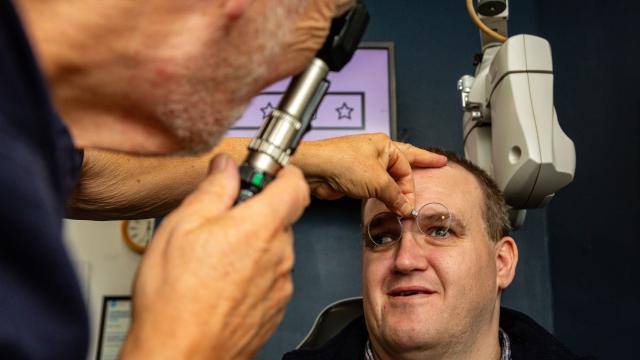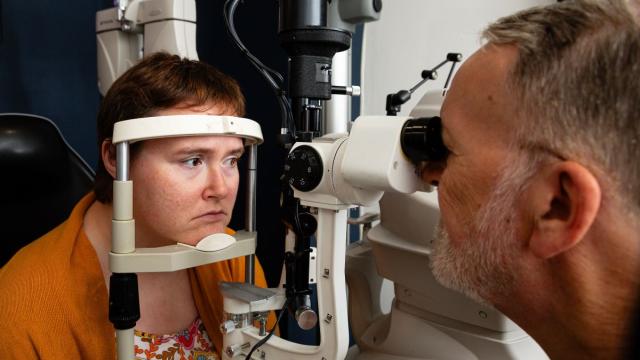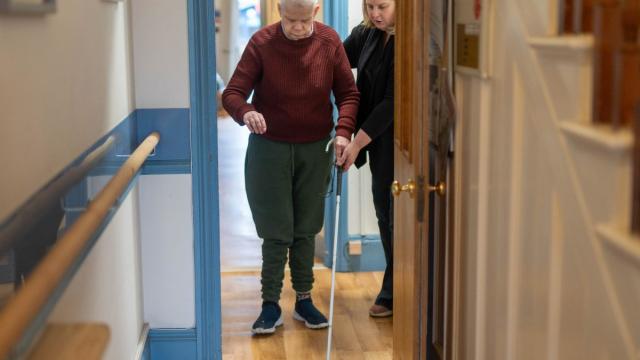Eye care
We provide life changing support and champion better eye care for people who have learning disabilities or who are autistic, many of whom have sight loss.
People with learning disabilities are 10 times more likely to have serious sight problems. Given there are more than one million people with learning disabilities in the UK, it's really important we keep on fighting for their right to good eye care. Read more about our eye care research.
If you are an eye care professional, view our professional support here.
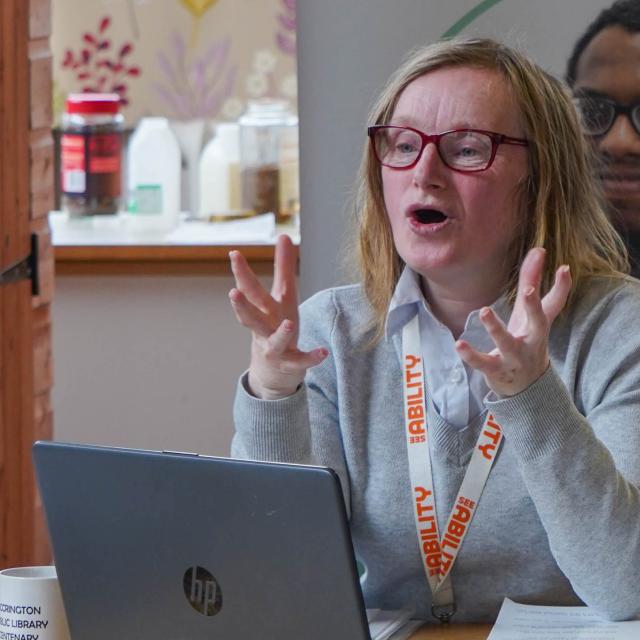
Every Day in Focus - our Eye Care Champions
Read about our Every Day in Focus campaign's Eye Care Champions, supporting people with learning disabilities and autism to access the eye care they need.

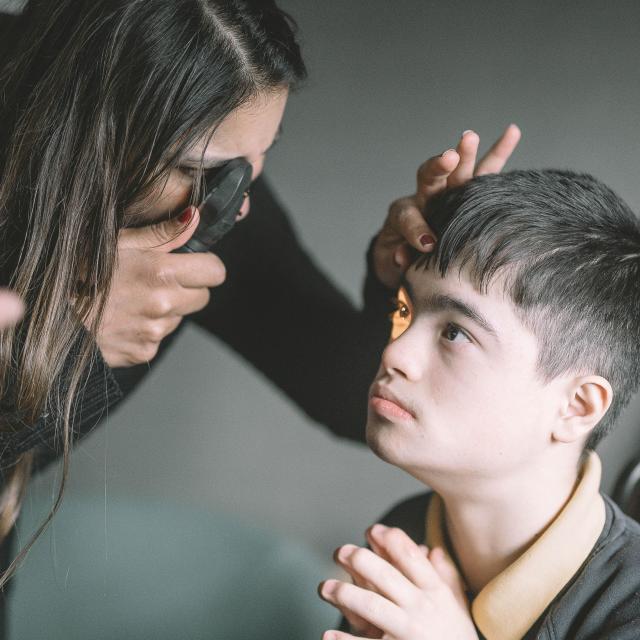
Special schools eye care
Children with learning disabilities are 28 times more likely to have a serious sight problem. Following research and campaigning by SeeAbility, the government has committed to roll out eye tests across every special school in England.

If you are an eye care professional and you would like to use or adapt our forms, or want any help or advice in developing or improving eye care services for people with a learning disability please email us at eyecare@seeability.org.


